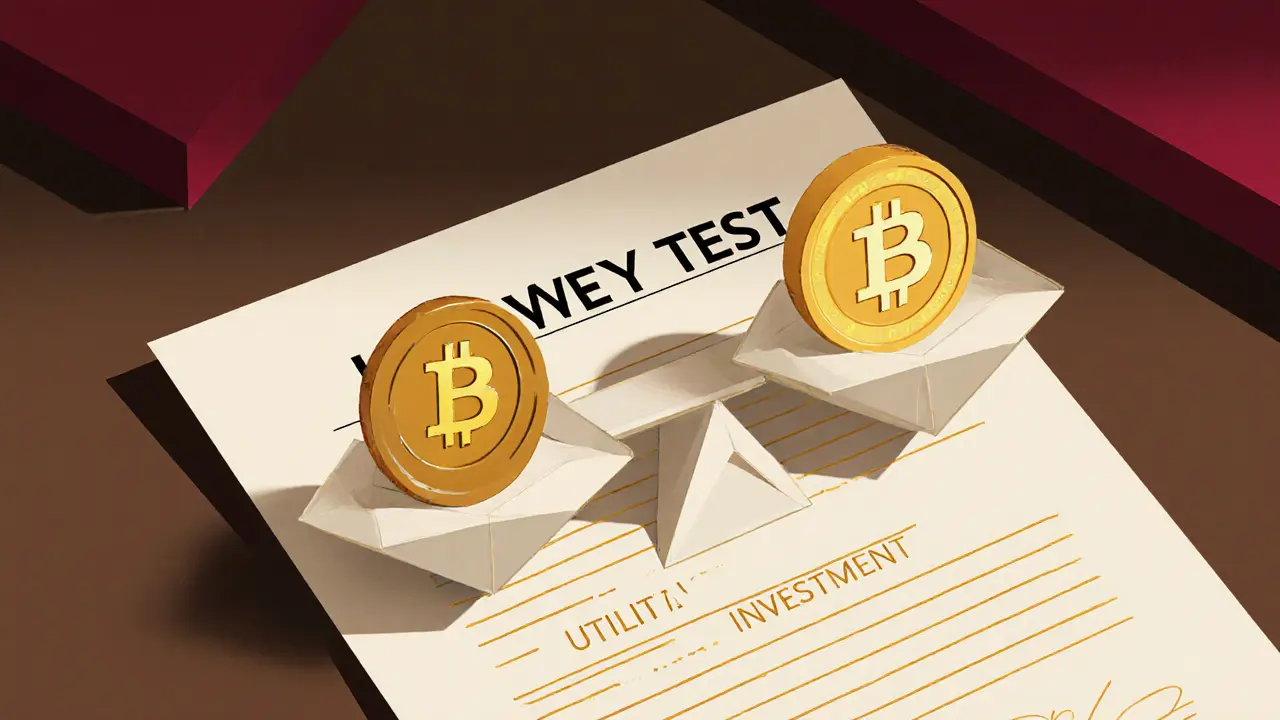Cryptocurrency Securities Exemptions: What You Need to Know
When you hear cryptocurrency securities exemptions, legal exceptions that let some crypto projects avoid full SEC registration, it’s not just jargon—it’s the line between a legal token and a lawsuit. The SEC doesn’t ban crypto. It says: if your token acts like an investment contract, it’s a security, and you need to follow the rules. That’s where the Howey Test, the legal standard the SEC uses to decide if something is a security comes in. If people are putting money into a project expecting profits from others’ work, boom—you’re likely selling a security. But not all crypto has to be registered. Exemptions exist, and smart projects use them.
There are three big ones: Regulation D (Rule 506(c)), Regulation A+, and Regulation S. Rule 506(c) lets you raise money from accredited investors only—think high-net-worth folks with $1M+ in assets or $200K+ income. You can advertise, but you must verify who’s investing. Regulation A+ lets you raise up to $75 million from anyone, even regular folks, but you need to file detailed docs with the SEC—kind of like a mini-IPO. Regulation S is for selling outside the U.S., which some projects use to avoid U.S. rules entirely. But here’s the catch: just calling your token a "utility" doesn’t make it legal. The SEC looks at how it’s sold, marketed, and used. If early buyers are promised returns, or if the team is still building the product, that’s a red flag. Projects like Ripple and Telegram got slammed because their token sales looked like unregistered securities, even if they claimed otherwise.
It’s not just about dodging regulators—it’s about building trust. Investors want to know their money isn’t going into a shell company with no roadmap. That’s why some projects now hire compliance lawyers before launch, use token vesting schedules, and avoid promising returns in their whitepapers. Even exchanges like Coinbase and Kraken have pulled tokens off their platforms because they didn’t meet securities rules. You don’t need to be a lawyer to understand this: if it smells like an investment, it probably is. The token classification, whether a digital asset is treated as a security, commodity, or utility decides everything—from how you raise funds to who can buy it. And if you’re an investor, knowing whether a token is exempt or registered helps you spot the risky ones. Below, you’ll find real-world examples of how this plays out in crypto projects, what went wrong, and how others got it right.

